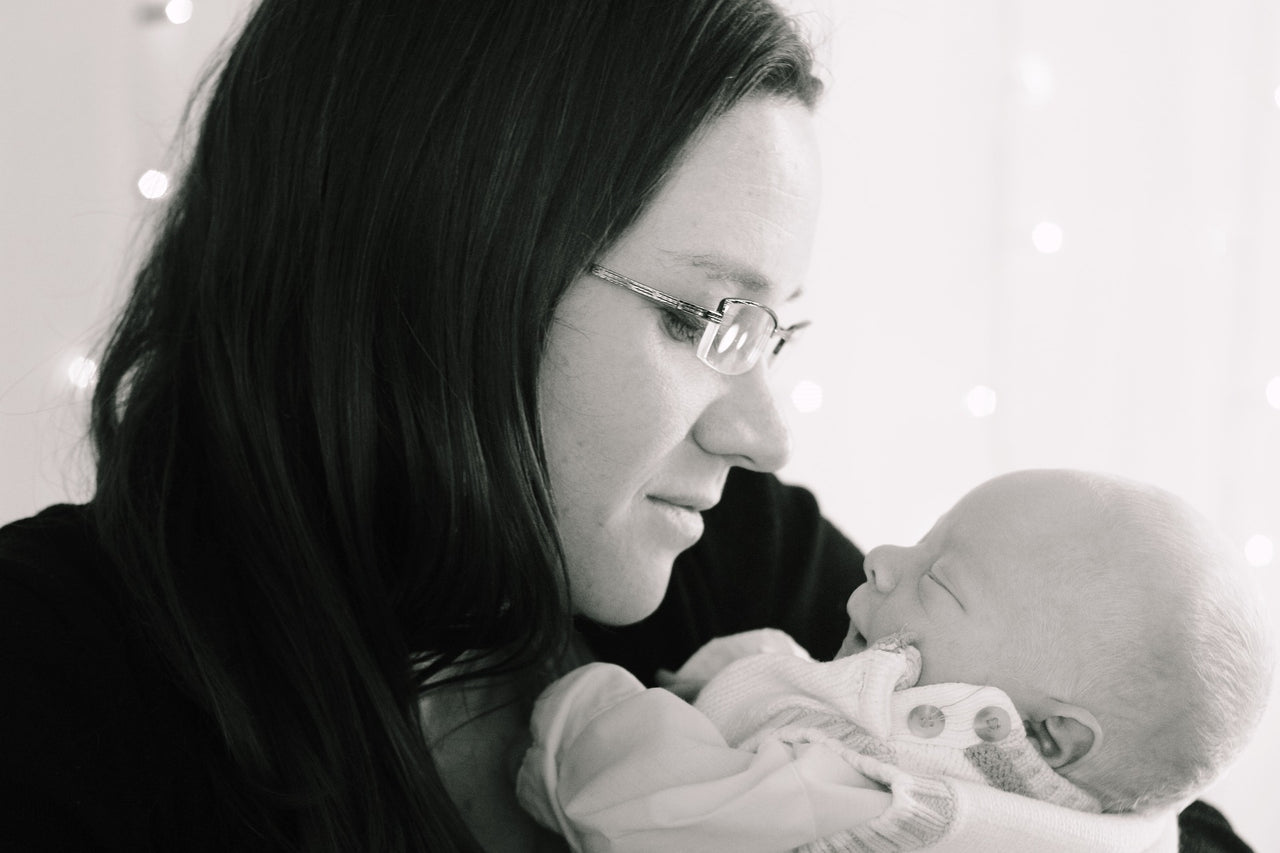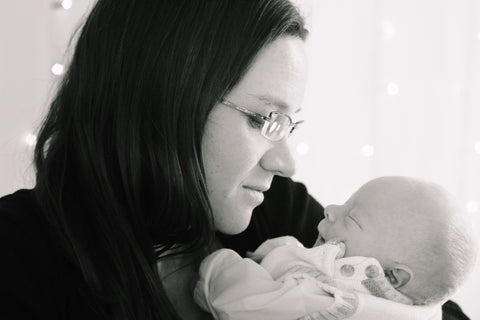
What Are The Chances of Getting Pregnant Soon After Giving Birth?

You have recently given birth and you are already wondering when you will be fertile again? You may have heard that you will not be fertile for a while after birth but that's not true.
Many women have gotten pregnant within a couple of weeks of giving birth. You probably know of families with VERY closely spaced siblings. You can conceive again within a couple of weeks after giving birth, even if your period has not returned.
Breastfeeding and Fertility
There are many factors that come into play when getting pregnant again after having a baby is concerned. The most important factor is whether you are breastfeeding your newborn.
Although it is possible to get pregnant while breastfeeding, breastfeeding itself is about 98 percent effective as a form of birth control if the following statements are true:
- Your baby is younger than six months
- Your menstrual period has not yet returned
- Exclusive breastfeeding - Feeding your baby only breast milk.
Breastfeeding alters the way the luteinizing hormone is secreted and helps prevent ovulation from occurring. In order to get pregnant, you have to ovulate. If there is no ovulation, there will be no chance of getting pregnant.
The time it takes for fertility to return will vary from woman to woman and will be contingent upon your infant’s nursing pattern and how your body reacts to the lactation hormones.
Exclusively breastfeeding is usually effective in preventing pregnancy for about six months. After that point' you will want to consider a form of birth control if you are not wanting to add to your family just yet.
If you are not breastfeeding your infant, then it is quite possible that your fertility can return within a few weeks of giving birth; although for most women it can take many months for their bodies and hormones to return to normal.
On average it takes about 14 months for a menstrual period to return. If your periods do return prior to 14 months, it is most likely that you are not actually ovulating.
Even if you are breastfeeding, it is important to realize that it is completely possible to conceive soon after giving birth. It is therefore suggested that you practice birth control starting right after the birth of your baby.
What Protection Should You Use?
Here are some birth control options to consider if you do not want to get pregnant soon after giving birth. They are listed from the most effective methods first.- IUD - A very reliable option to prevent pregnancy. Typically less than one person out of 100 will become pregnant with this method. You can get pregnant right after removal of the birth control.
- Depo Provera: This is an injectable form of birth control that will keep you from getting pregnant for several months. Typically 9 people out of 100 will become pregnant with this method. You need to remember to get regular shots and if you don't, the effectiveness of this method decreases. Speak to your doctor first to see if this method is right for you. If you are planning to try for more children in the near future, you may want to choose another form of birth control. Your fertility can take quite a long time to return after stopping this form of birth control.
- Birth Control pills: There are many different varieties of birth control pills available. The effectiveness of this method of birth control depends on your ability to take your pills consistently. Statistics show that 9% of women will end up getting pregnant while taking birth control pills. Talk to your doctor about any risks, and which one would work best for you.
- Spermicides: There are many different spermicides available and you will need to find one that works well for you and your partner.
- Condoms: Condoms are inexpensive and quite effective. There are both female and male varieties of condoms available.
- Natural method: This is where you determine your cycles via charting and only have sex on the days when you are not fertile.
Getting pregnant soon after you have a baby can cause problems for you and your baby. You may find that you are overly tired and lack the energy that you need. If you are breastfeeding, and pregnant again, your breastmilk supply may dwindle.
Of course, many women have had successful pregnancies after getting pregnant quickly after childbirth. Be sure to weigh the pros and cons. The Office on Women’s Health, US Department of Health and Human Services believes that you should wait at least 12 months between having your children to ensure your body’s full recovery.
Sources:
Fertility after childbirth: pregnancy associated with breast feeding. McNeilly AS, Glasier AF, Howie PW, Houston MJ, Cook A, Boyle H. Clin Endocrinol (Oxf). 1983 Aug;19(2):167-73. Bonyata, K. (2017, January 03).
Breastfeeding and Fertility • KellyMom.com. Retrieved March 14, 2017, from http://kellymom.com/ages/older-infant/fertility/
Breast-feeding alters LH secretion pattern. [No authors listed] Fam Plann Toda. 1992 May;3(1):2.
"Contraception." Centers for Disease Control and Prevention. Centers for Disease Control and Prevention, 09 Feb. 2017. Web. 14 Mar. 2017.
Tags:
Getting Pregnant
Quick links
Search
Contact Us
Shipping Information
Helpful Info
Terms of Service
Privacy Policy
Do not sell my personal information
Contact us
About us
BabyHopes.com is a family owned and operated business, opened in January 2001. We have been serving the trying to conceive community for over 20 years.

Leave a comment: